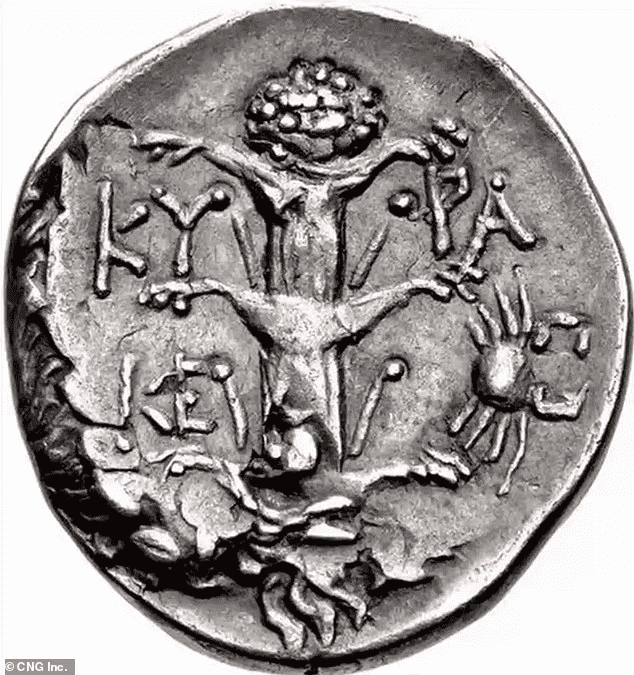A “miracle plant” that was reportedly lost some 2,000 years ago was rediscovered in Turkey recently. Christened as “silphion”, the plant was used as a cure for different medical problems, and people of ancient Greek, Roman, and Egyptian origins are renowned for using it. It was notably a valuable asset for the people of these ancient origins, and it can be proven from the fact that they used to carve a photocopy of silphion on Cyrenacian coins at that time. These coins were equal to those of silver, and from this, we can clearly understand the usefulness of the plant.

You would be amazed to know that the plant was famous for treating stomach pains and removing warts among ancient Greek physicians. The last time this plant was discussed in the books of history was by a Roman chronicler Pliny the Elder. He wrote, “Just one stalk has been found and it has been given to Emperor Nero. (Xanax Bars) ” Since then, there has been no mention of the miracle plant, neither in the books of history nor in any reachable locations. In addition to this, different historians and botinastats made efforts to find the lost gem but couldn’t do so until now, when the plant has finally been rediscovered.

It should be noted that a plant in Turkey known as “ferula drudeana” has some resemblance to that of silphion, as reported by Mahmut Miski, who is a researcher at Istanbul University. However, Pliny wrote in his book regarding silphion, “The juice of this plant is called ‘laser,’ and it is greatly in vogue for medicinal as well as other purposes, being sold at the same rate as silver. For these many years past, however, it has not been found in Cyrenaica. “

On the other hand, a research paper has been published in 2021 in the journal Plants, in which Miski stated, “We find it stated by the most trustworthy among the Greek writers (presumably Theophrastus [a philospher]), that this plant made its appearance near the gardens of the Hesperides and the Greater Syrtis, immediately after the earth had been soaked on a sudden by a shower as black as pitch.”


